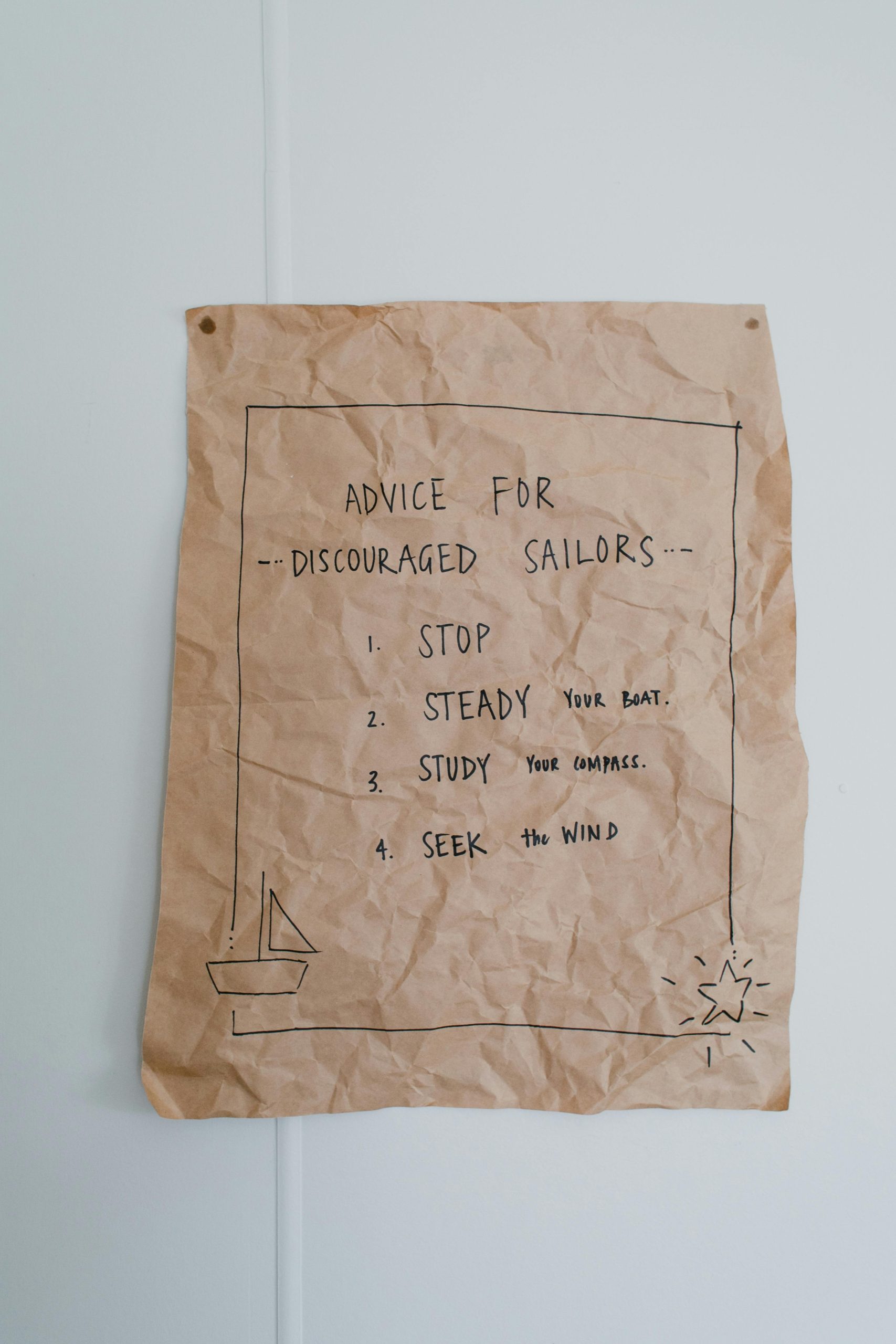Should I contact my insurance for an auto incident where I’m not at fault?
Recently, someone backed into my car in a parking lot, causing damage to the front end. We exchanged information, and initially, the other driver suggested resolving the matter without involving insurance. I was okay with this approach and sought estimates from a few places. However, most informed me that determining the total damage would require a full diagnostic due to the numerous sensors, cameras, and lights in that area. Only one shop provided a preliminary estimate after inspecting the damage.
Eventually, we opted to involve our insurance companies. The other driver’s insurance accepted full liability and sent an adjuster to visually assess the damage. However, the estimate they provided was surprisingly low—lower than the estimate I received directly from the shop. They indicated that I would have to find a repair shop willing to work within their budget, and if any additional damage is discovered, the shop could coordinate with the insurance for further costs.
Throughout this process, I’ve felt as though the other driver’s insurance is treating me as if I’m trying to scam them. When I inquired about what would happen if a shop refuses to repair my car because the estimate is too low, they said I would be responsible for any difference in cost.
Now, I’m considering whether I should reach out to my own insurance company to report the incident. Would they handle the communication with the other driver’s insurance on my behalf?
Thank you.




It’s definitely a good idea to reach out to your own insurance company, even though you were not at fault. Here are a few reasons why this can be beneficial:
Support in Communication: Your insurance company can help communicate with the other driver’s insurance, which can take some pressure off you and ensure that you are not treated unfairly.
Claim Assistance: If the other insurance company’s estimate is too low or if they do not cover the full cost of repairs, your insurance may be able to step in to cover the difference, depending on your policy.
Record of Incident: Reporting the incident to your own insurance creates a formal record, which can be helpful if any issues arise later.
Dealing with Repairs: Your insurance may have preferred repair shops that can take care of everything, ensuring the repairs are done correctly without you worrying about dealing with estimates.
Legal Protection: If the situation escalates or if there are disputes, having your own insurance involved can provide you with legal backing.
When you contact your insurance, provide them with all the details, including the other driver’s information, their insurance information, and any estimates you have received. This way, they can assess the best way to help you. Overall, it’s a wise move to involve your own insurance for added protection and assistance in navigating the claims process.